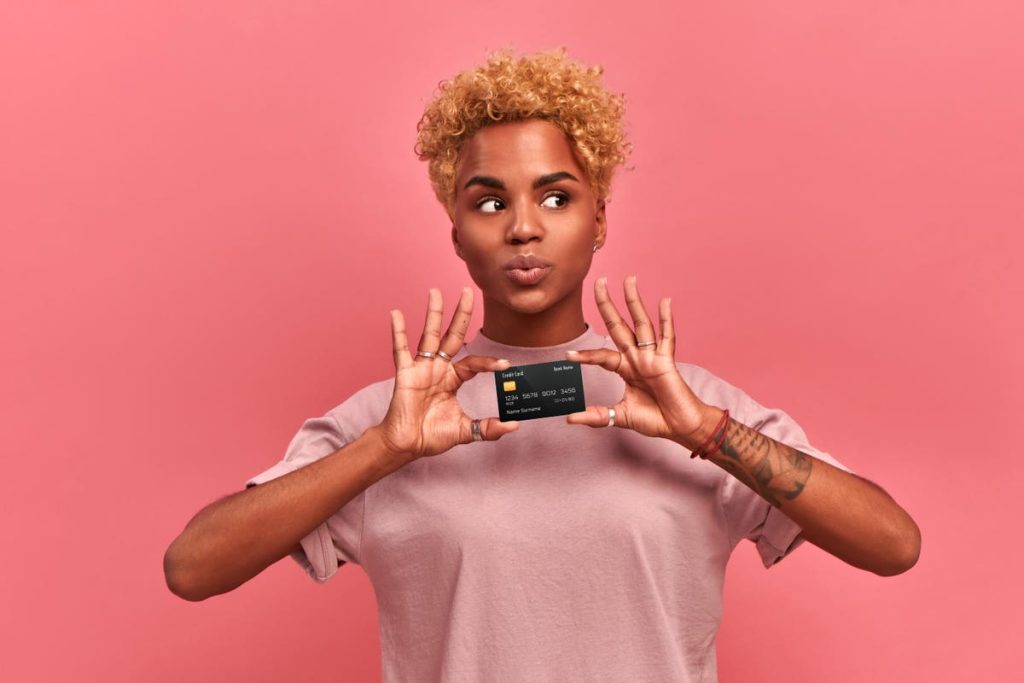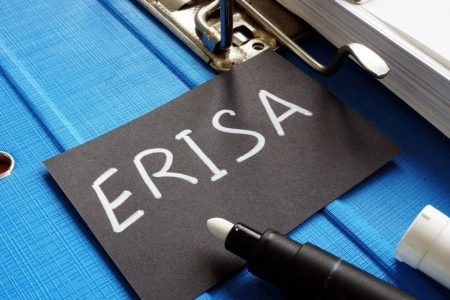Your credit score is one of the most important financial numbers in your life. It can mean the difference between getting the apartment of your dreams or being rejected.
It controls the interest rates you’ll pay on a mortgage or a car loan. It determines if a credit card company will give you that new card with an amazing welcome bonus you’ve had your eye on.
If you’ve ever wondered what credit score you start with, you’re in the right place.
What Credit Score Does An 18-Year-Old Start With?
This may surprise you, but you don’t start with a credit score. You don’t start at 0 and build credit or some other base number.
If you haven’t used credit, you won’t have a credit history to calculate a score from. Your age is irrelevant – you can be 18 or 80. Without a credit history, you will have no credit score.
No history can be as bad as bad credit because lenders don’t know how to assess your risk.
How Do You Get A Credit Score?
You don’t get a score until you start using credit.
Once you use credit and develop a history, a score will be calculated based on your risk as determined by an algorithm.
When most companies talk about a credit score, they refer to a FICO credit score. FICO is named after the Fair Isaac Corporation, which originated the credit score calculation in 1989. It represents your ability to pay debts on time, known as default risk. The score ranges from 300 to 850.
The Fair Isaac Corporation calculates your credit score based on five factors:
- Payment history (35%) – Your history of on-time payments for existing accounts. A long track record is best.
- Amounts owed (30%) – Using too much available credit is risky so try to keep it under 30%.
- Length of credit history (15%) – The longer your history, the better.
- Credit mix (10%) – Managing different credit types like cards, mortgages, and loans.
- New credit (10%) – Trying to open too many new accounts can lower your score.
These factors use data from the three major credit bureaus – Experian, Equifax, and TransUnion.
How Do You Get Credit Without A Credit Score?
The biggest challenge for folks with no credit history is that it’s difficult to start the process. Many credit cards won’t approve you without a good credit score and you can’t get a good credit score without showing a long history of responsible borrowing.
If you have no credit history, you can start one by getting less demanding credit cards. There are many credit cards that are marketed to college students or those with no credit. They don’t have the same rewards or promotions but you can view them as a stepping stone to build your credit history.
Alternatively, you can apply for store branded credit cards. They will typically have low credit limits but more likely to approve someone with no history.
If neither of those are appealing, you could ask someone to add you as an authorized user on their credit card. You can also look to credit builder loans and secured credit cards.
After a few months of use, you should begin to develop a history from which to calculate a score.
How Do You Improve Your Credit Score?
The best way to improve your score is demonstrate responsible borrowing and on-time payments for a long period of time. This is the biggest factor, accounting for 35% of the score, and one that rewards patience.
If you want to improve your score, use your credit responsibly and simply wait. Over time, your score will improve.
Getting a good credit score also requires you to avoid certain behaviors that are considered risks. You will want to keep your credit utilization, which is how much of your available credit you are currently using, below 30% and avoid opening new lines of credit, such as applying for new credit cards.
Lastly, you want to check your credit reports for errors on a regular basis. You can currently request your credit report from each bureau every single week through AnnualCreditReport.com. Checking every week is excessive but you’ll want to review it at least once a year. Ideally, review it once a quarter.
Review your credit report for errors and inaccuracies. According to a Federal Trade Commission study, one in four consumers identified errors on their credit reports that might affect their scores. If you see any, fix them as soon as possible because the dispute process can take time to complete.
What Is A Good Credit Score?
We know that the FICO credit score range is 300 to 850. Experian categorizes these ranges as:
- 800 – 850: Exceptional
- 740 – 799: Very Good
- 670 – 739: Good
- 580 – 669: Fair
- 300 – 579: Poor
A score of 740 or higher means great rates and loan approval odds. Monitoring your report and practicing good credit habits will help you reach an excellent score.
Read the full article here









